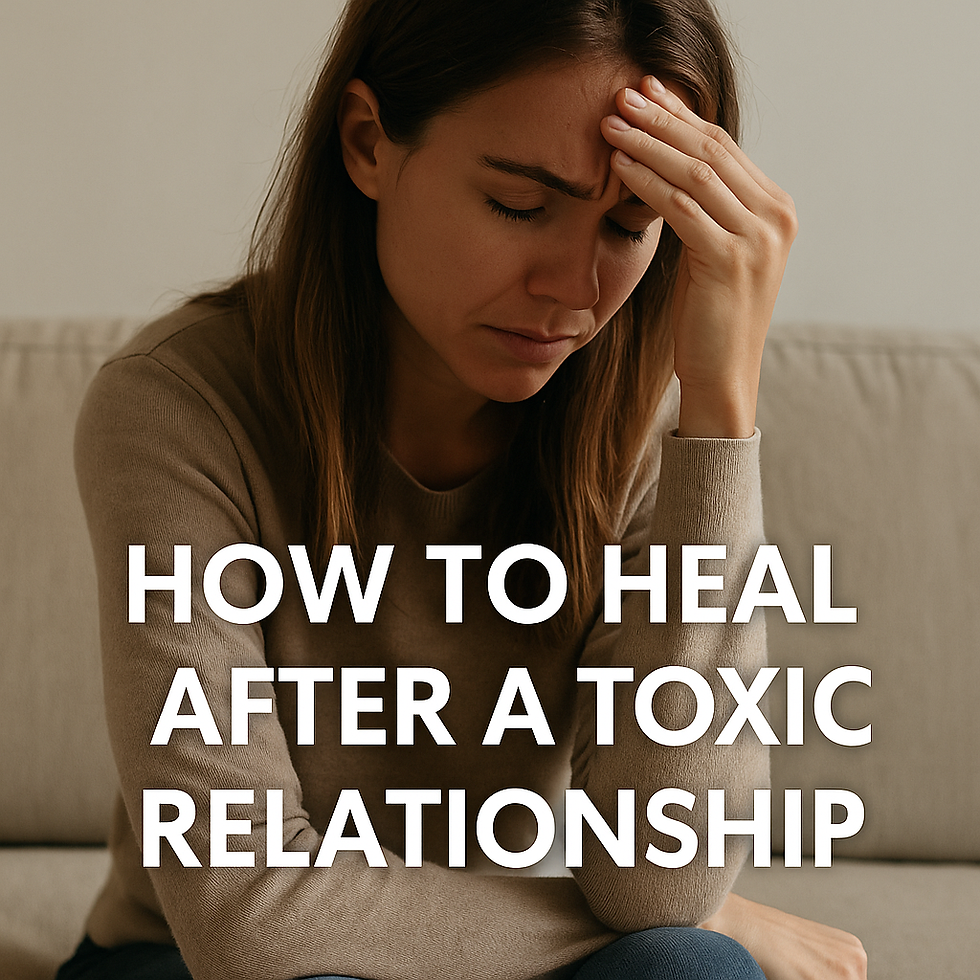How to Talk to Your Partner About Going to Counselling
- zeespareddeer
- May 15, 2025
- 2 min read
Bringing up the idea of going to counselling with your partner can feel intimidating. You don’t want to sound like you’re blaming them. You don’t want to start a fight. And you definitely don’t want to send the message that your relationship is broken.
But here’s the truth: suggesting counselling doesn’t mean something is wrong. It means you care enough to want things to be even better.
Here’s how to navigate this conversation with clarity, compassion, and confidence.
1. Start with “Us,” Not “You”
Avoid starting the conversation with “You never…” or “You always…” This instantly puts people on the defensive.
Instead, use language like:
“I want us to feel closer and more connected.”
“I think it could help us understand each other better.”
“I’ve been thinking about ways we can grow as a couple.”
Framing it as a shared opportunity—not a one-sided fix—makes it easier to hear and harder to reject.
2. Pick the Right Time
Timing matters. Don’t drop the idea in the middle of an argument. Wait for a calm, neutral moment when you both feel safe and emotionally open—like during a walk, over coffee, or after a good conversation.
3. Be Honest About Your Intentions
You don’t need a crisis to go to counselling. Be honest about what you’re hoping to get from it:
“I want to communicate better.”
“I want to feel more connected.”
“I want to break some patterns we’ve been stuck in.”
When your partner sees that your goal is to improve—not criticize—they’re more likely to be receptive.
4. Anticipate Resistance—And Stay Calm
Your partner might say:
“Are you saying I’m the problem?”
“I don’t need therapy.”
“It’s not that bad.”
That’s okay. New things can feel threatening. Reassure them:
“This isn’t about blame. It’s about us learning together.”
“It’s not about being broken. It’s about building stronger habits.”
“Even the best couples do therapy. It doesn’t mean we’re failing.”
5. Offer to Take the First Step
If they’re unsure, offer to book the first session or attend the first appointment together without any commitment to continue. Sometimes just getting started is the biggest hurdle.
You could also suggest individual sessions if they’re not ready for couples counselling. Sometimes people feel safer opening up without their partner in the room—especially at first.
6. Normalize the Process
Say it out loud: “Therapy doesn’t mean something is wrong with us. It means we’re strong enough to grow through it.”
Remind them that millions of couples do counselling not to fix something broken—but to strengthen what they already have.
7. Lead by Example
If you’ve done therapy before, share that. If you haven’t, show that you’re open to learning. Vulnerability is contagious. When you model openness, your partner may feel safer stepping into the same space.
Final Thoughts
Counselling isn’t about pointing fingers—it’s about joining hands. It’s a place to be heard, to heal, and to build something better together.
If you’re scared to bring it up, that’s okay. It means it matters to you.
And if your partner isn’t ready yet, be patient. The conversation you start today may plant a seed that grows tomorrow.
Ready to take the next step? Book a session today at Alberta Online Counselling and explore options that work for you both.




Comments